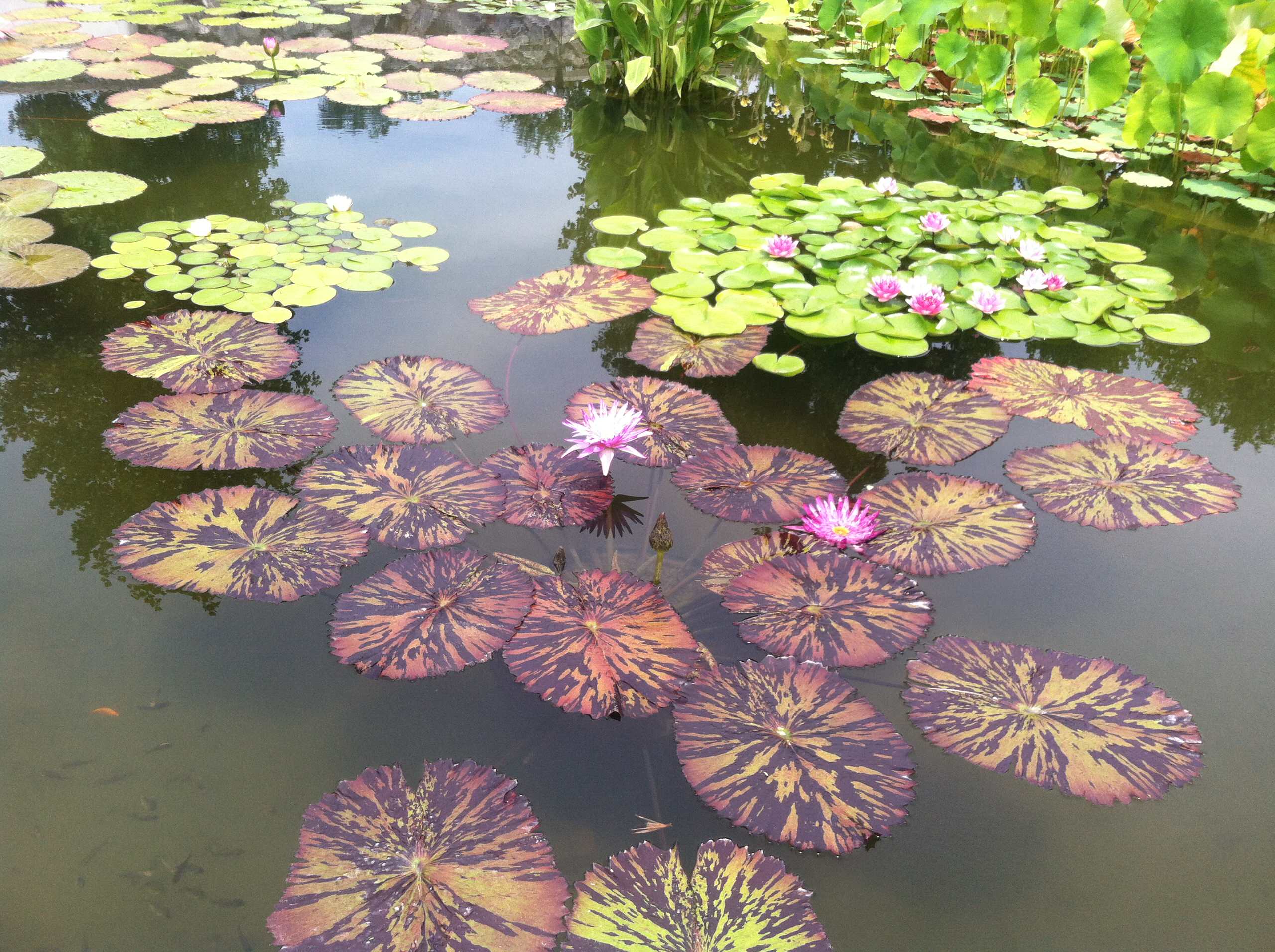The Duty of Garden Design in Promoting Sustainability and Biodiversity
Yard style is increasingly identified for its possible to cultivate sustainability and enhance biodiversity within city and country landscapes. By focusing on indigenous plant species and utilizing water conservation strategies, developers can develop settings that not just prosper yet likewise require very little chemical intervention.
Importance of Indigenous Plants
Emphasizing the usage of native plants in yard layout is essential for advertising eco-friendly equilibrium and sustainability. Indigenous plants are those that normally occur in a particular area and have adapted to the neighborhood environment, soil, and wild animals. Their unification into yards sustains neighborhood ecosystems by supplying environments and food resources for native pollinators, birds, and various other wildlife.
Additionally, native plants are typically a lot more immune to neighborhood pests and diseases, minimizing the need for chemical pesticides and plant foods. This resistance not just reduces ecological influence yet also reduces maintenance costs for garden enthusiasts. Furthermore, native plants often call for much less water than non-native types, straightening with lasting horticulture practices and lowering the pressure on local water sources.
Water Preservation Methods
Including indigenous plants not just improves biodiversity but additionally plays a considerable duty in water conservation within yard styles. Native varieties are adjusted to local climate conditions, calling for less water than non-native counterparts. Landscape Designer. This characteristic minimizes the need for irrigation, conserving both water sources and energy
Additionally, applying rain yards can record and filter stormwater drainage, promoting groundwater recharge while lessening erosion. These yards use indigenous plants that grow in damp problems, effectively managing excess water while creating varied habitats.

An additional efficient technique is using permeable paving materials in paths and patios, enabling rain to infiltrate the ground rather than running off. This promotes dampness retention and minimizes the demand for irrigation.
Lastly, setting up a rainwater harvesting system can substantially add to water conservation efforts. Gathering and storing rainwater for yard usage encourages lasting techniques and reduces reliance on local water sources (garden design near Moncks Corner SC). By incorporating these strategies, yard styles can effectively advertise water conservation while sustaining environmental health and wellness
Decreasing Chemical Usage
While numerous gardeners seek vibrant and healthy and balanced plants, decreasing chemical use is crucial for promoting a lasting community. The reliance on synthetic fertilizers and chemicals can lead to soil degradation, water contamination, and a decline in useful insect populaces. By embracing natural gardening practices, gardeners can boost the health and wellness of their landscapes while advertising biodiversity.
One effective technique is to utilize compost and organic amendments, which enhance the soil naturally and improve its framework. garden design near Goose Creek SC. These methods not just increase plant wellness yet also lower the requirement for chemical plant foods - Landscape Designer. Applying integrated insect management (IPM) techniques further lessens chemical inputs by encouraging all-natural killers, such as ladybugs and parasitical wasps, to manage pest populaces
Furthermore, selecting native plant types can substantially reduce the requirement for chemical treatments, as these plants are much better adjusted to neighborhood conditions and are a lot more resistant versus parasites and conditions. By focusing on sustainable techniques, gardeners can create prospering atmospheres that sustain both plant health and wellness and ecological community stability, eventually leading to yards that are not only stunning yet likewise environmentally liable. Minimizing chemical use is a critical action in cultivating gardens that honor and boost the all-natural world.
Developing Wild Animals Environments
Developing vivid wildlife habitats within gardens not only boosts biodiversity yet likewise matches lasting gardening practices intended at minimizing chemical usage. By incorporating indigenous plants, gardeners can give vital resources such as food and sanctuary for different types, including birds, pests, and little creatures. Native plants are well-adapted to local conditions, requiring much less water and fewer chemical inputs, thus aligning with sustainability goals.

Maintaining a naturalistic approach, which may include leaving some locations wild or undisturbed, enables the all-natural procedures of communities to grow. This technique urges the existence of advantageous bugs and pollinators, which play a vital role in the wellness of both gardens and bordering atmospheres. On the whole, creating wild animals environments is a basic element of lasting yard style, fostering environmental balance and resilience while improving the appeal and capability of outdoor areas.
Community Interaction in Horticulture
Area interaction in horticulture cultivates a sense of belonging and cumulative duty, transforming private horticulture initiatives right into shared efforts that profit the entire community. By including neighborhood participants in gardening tasks, we can cultivate not just plants but also partnerships and socials media. Local gardens function as vital spaces for education, where people of every ages can find out about lasting techniques, biodiversity, and ecological stewardship.
Collaborative horticulture initiatives, such as area yards, advertise the exchange of understanding and resources, making certain that all individuals can add and benefit. This inclusivity enhances area resilience, as participants function together to conquer obstacles such as food instability and environmental degradation. Additionally, area gardens can offer as systems for cultural expression, permitting individuals to share their heritage through varied growing and gardening strategies.
Moreover, involving the neighborhood in gardening campaigns can cause boosted understanding of regional environments and the importance of biodiversity. By functioning jointly to layout and keep these rooms, homeowners promote a shared dedication to sustainability, developing a long lasting influence on both the atmosphere and community communication. Ultimately, area interaction in horticulture is a powerful tool for promoting environmental stewardship and boosting the lifestyle within neighborhoods.
Conclusion
Finally, strategic yard style dramatically adds to sustainability and biodiversity. By emphasizing the usage of native plants, applying water preservation techniques, and lessening chemical inputs, gardens can properly support local environments. In addition, the creation of wild animals environments and promoting area engagement even more boost ecological stewardship. Collectively, these practices not just enrich the charm of spaces however likewise advertise environmental equilibrium, making garden style an important aspect in the quest of a lasting future.